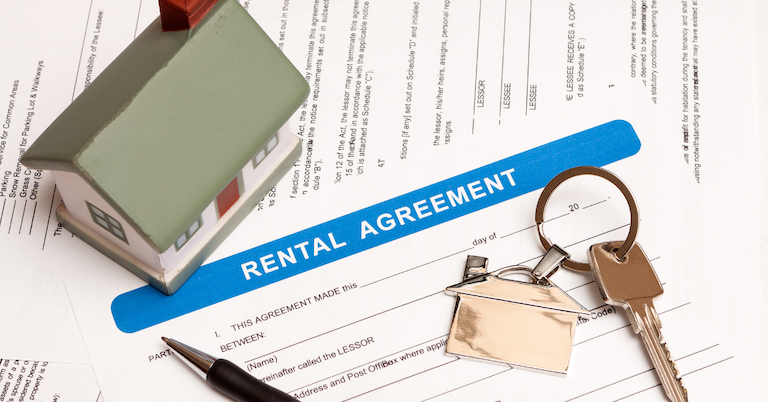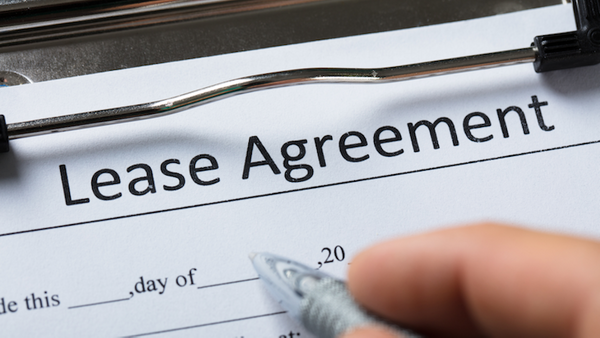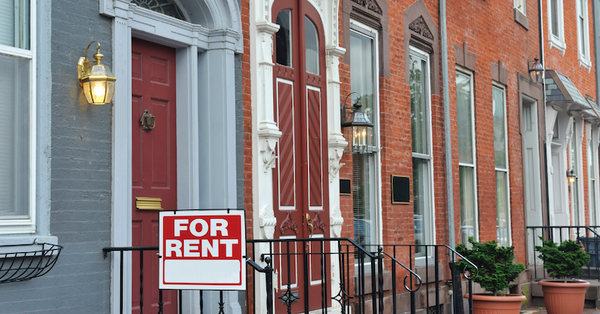As a landlord, losing tenants is not something to take lightly. Tenant turnover occurs when a current tenant decides not to continue renting a property. In these situations the landlord is left with a vacant property until they find new tenants.
Unfortunately, finding quality tenants takes time. If new tenants are not found quickly, the landlord earns zero rental income while still having to pay for the financial costs attached to their property.
Luckily, there are several preventative measures that can help landlords enhance their tenants' living rental experience and prevent tenant turnover.
1. Invest in Desirable Neighborhoods
One of the best ways to prevent tenant turnover is to invest in properties located in the areas that people want to live. Pay close attention to desirable neighborhoods and what the people living there value. In general, the majority of tenants value neighborhoods with high or rising employment rates. If they can live closer to local employment opportunities, there is much less of a likelihood that they will move.
Also consider proximity to amenities nearby like parks, restaurants, shopping, entertainment opportunities and daily conveniences. The more amenities and conveniences there are near your property, the more likely tenants are to stay in the area and hopefully continue to live in your property.
2. Screen All Potential Tenants Beforehand
Once you have your property secured and you have marketed your property, you will want to take the time to screen all potential tenants. As a landlord you will want to take this process seriously. Don’t be afraid to ask for references from previous landlords, ask to see cleared past rent checks, request photos of pets, get a copy of their drivers license, and charge an application fee. Consider hiring a third-party service to complete a credit, background and employment check. These services provide information regarding criminal history, credit information, current employment and eviction history.
This screening process may be a bit time consuming for potential tenants. However, a tenant that is serious about renting your property will have no problem going through the process of providing this information. Having this screening information at hand will help you weed out potential candidates and choose a tenant that is the best fit for your rental property.
3. Be Considerate When Increasing Rent
As a landlord, it’s normal to increase your properties rent year-over-year to keep up with the changing market value of the home. When making these changes, it is important to take your current tenant and their circumstances into consideration. Consider their family size and what they can afford. Explain your rent increase before signing lease agreements. This ensures the tenant is aware of the reasons for the increase and knows exactly what they are paying for.
Unfortunately, a rent increase is what most often causes a tenant to leave or not renew the lease. That is why it is so important to compare the cost of having the current tenant leave versus the money you will have to spend finding a new renter. Also, be sure to compare the cost of having a tenant leave versus not increasing their rent. Negotiating the rent with the current tenant will often save you from revenue loss on a vacant unit.
4. Be Both Responsive and Responsible
The key to retaining tenants is by being a responsive and responsible landlord. Make the consistent effort to value your current tenants by prioritizing maintenance complaints and having an immediate maintenance service ready in the case of an emergency. Provide your tenants with your contact information and be prepared to respond promptly. If there are any delays with fixing maintenance issues, communicate with your tenants of the repairs to give them peace of mind that the issues will be fixed.
Establishing open communication with your tenants is also part of being a responsive and responsible landlord. Every quarter, pay your tenant a visit to conduct regular maintenance inspections, make property improvements, and ask them what you could do as a landlord to make their living experience better. Doing these things will develop a positive relationship between you and your tenants, and help to build a strong level of trust.
5. Collect and Act On Tenant Feedback
Feedback is a landlord's best friend. Asking for feedback is a proactive step that can help landlords better understand their tenants. You may not know there is an issue or things that you could do better as a landlord if you don’t ask. Plus, tenants appreciate a landlord that cares about their tenants and goes out of their way to make sure they are happy.
Feedback can be in the form of an online survey or routine interview that can be conducted every four to six months. These will provide quick tenant feedback that allows you to respond and make changes accordingly and in a timely manner. If you prefer to have a more personal approach to feedback, performing a quick interview during one of your routine visits is a great way to do so. Feedback is also a great way to tie in incentives for your tenants.
6. Invest in a Management Software or Company
Managing a rental property is no easy task. Add on a few more properties and the challenges only increase. Overextending yourself among multiple tenants at multiple properties doesn’t allow you to give each the attention that they deserve. That is where property management companies or an all-in-one property management software can help you out.
These management companies and softwares help landlords perform a variety of tasks such as track leases, keep up with maintenance tasks, collect rent, manage finances, respond to inquiries, and streamline operations. This takes the load off of landlords and makes it easier for them to concentrate on their tenants. If you have the financial resources to pay for these services, it is definitely worth it when it comes to tenant retention.
7. Makes Sure the Property is in Good Shape
The state of your rental property is a determining factor in whether or not tenants choose to stay or leave. Whether managing multiple tenants or property investing is a side gig, it can be difficult to stay on top of maintaining the physical condition of a property. Showing concern for the property’s condition shows tenants that their safety and well-being are a priority. It makes them feel welcomed and confident that they are in good hands with you as their landlord.
Considering you will have tenants living within your property and paying rent, it is crucial to make sure it is in the best shape possible. Otherwise you are just giving the tenant a reason to not stay. Conduct quarterly inspections to conduct routine maintenance. If it is possible, consider upgrading or doing a renovation. This will not only allow you to increase your rent prices, but also provide added comfort for your tenants.
Before you rent out a property, you’re going to need to purchase a property. To make the most out of your investment, buy your property with a SimpleShowing agent and receive up to 1.5% of the purchase price or $5,000 on average towards your closing costs.
Contact us or book a showing of any property to get started.





